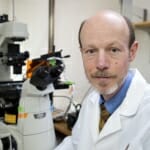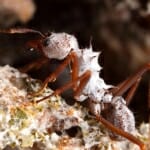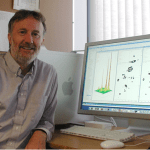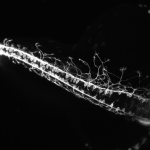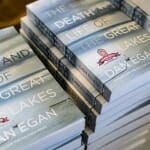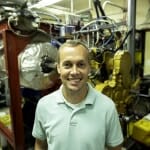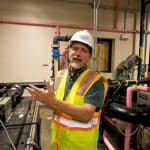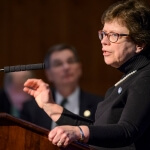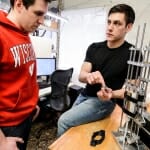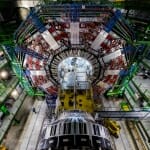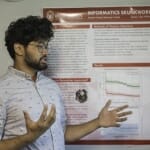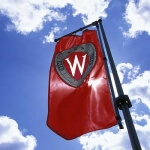Category Science & Technology
Stem Cells @ 20: The Stem Cell and Regenerative Medicine center galvanizes stem cell research
In Wisconsin, key to growing and empowering the community of stem cell researchers is the UW–Madison Stem Cell and Regenerative Medicine Center. Read More
Set in amber, fossil ants help reconstruct evolution of fungus farming
New UW–Madison research makes it clear that the constant threat of crop parasites repeatedly pushed evolution in ants in strikingly similar directions, creating structures that helped the ants reinforce their partnership with bacteria. Read More
Researchers find value in unusual type of plant material
UW-Madison scientists have shown that a recently-discovered variety of lignin, catechyl lignin (C-lignin), has attributes that could make it well-suited as the starting point for a range of bioproducts. Read More
In dangerous fungal family’s befriending of plants, a story of loss
Researchers show that gene loss — not the evolution of new genes — helped drive the fly amanita mushroom into its symbiotic relationship with plants. Read More
Solar cell, married to liquid battery, achieves record efficiency
The technology Professor Song Jin is advancing – unifying solar electricity generation with storage – could first be used in off-grid, standalone energy systems. Read More
Morgridge, UW researchers win top prize in Nikon International Small World imaging contest
Two UW–Madison researchers won first place in the 2018 Nikon Small World in Motion Competition for a video depicting neural development in a zebrafish embryo. Read More
A warming climate means profound changes for U.S. National Parks
The analysis of all 417 of America’s national parks, conducted by UW–Madison’s Center for Climatic Research, found that average temperatures increased at twice the rate as the rest of the nation over the past century. Read More
NSF awards UW $3 million to advance quantum physics, technology
The three UW–Madison grants are among 25 in an NSF initiative to fund major advances in quantum physics. In 2016, the agency identified quantum research as one of its 10 top funding priorities. Read More
UW helps communities create cleaner, greener wastewater
A partnership with the Madison Metropolitan Sewerage District focuses on reducing releases of phosphorus, a plant nutrient that feeds overgrowths of algae in lakes and streams. Read More
Blank’s Slate: Shining a light on UW-industry collaboration
“Research on big and complex problems requires collaboration,” says Chancellor Rebecca Blank. Several recent, major initiatives can also create “extraordinary learning opportunities” for students. Read More
Discovery to Product creates new program to grow entrepreneurship at UW–Madison
Innovation to Market builds on the success of D2P’s Igniter program, which helped start 19 companies over the past three years. Read More
Clinical prospects for stem cells begin to emerge
Responsible science is almost always a slow, grueling process, but 20 years after James Thomson derived the first human embryonic stem cell lines, experts in the field of stem cell and regenerative medicine feel more optimistic than ever. Read More
Next generation Large Hadron Collider relies on UW–Madison computing
The University of Wisconsin Center for High Throughput Computing will receive $2.2 million dollars to help develop software to support an upgrade in the Large Hadron Collider. Read More
WISCIENCE expands capacity for undergraduates new to research to pursue dream projects
Some spend their summers working at summer camps, in a grocery store, or as a lifeguard. Others, thanks to the WISCIENCE Summer Research Scholarship, spend their time off from school pursuing their dream research projects. Read More
New associate vice chancellors oversee research in biological sciences, arts and humanities
A new face and a familiar one have joined the leadership team in the Office of the Vice Chancellor for Research and Graduate Education. Read More
Construction begins on $133 million revamp of Chemistry Building
With the start of construction on a $133 million chemistry tower and other renovations, students — as well as faculty and other researchers — will gain access to updated teaching and laboratory spaces to accommodate the next generation of chemical education and research. Read More
Vaccine opt-outs dropped — barely — when California added more hurdles
A law requiring that parents who wanted to exempt their children from vaccines to get the signature of a healthcare provider slightly reduced the proportion of unvaccinated children entering kindergarten in California. Read More

